Привет! Я – Рената Гизатулина, основательница Lifelong Learning Lab
Если вам понравились материалы этого сайта, приглашаю в мой telegram-канал Renata in Dialogues.
Там я делюсь статьями, исследованиями и другими находками, личными размышлениями и открытыми диалогами с интересными гостями. Это пространство для changemakers в широком смысле — кто проживает и управляет изменениями, и хочет глубже понять их психологическую сторону, для помогающих практиков, фасилитаторов, образованцев, предпринимателей, HR, лидеров сообществ и всех, кто работает с людьми и трансформациями.
Там я делюсь статьями, исследованиями и другими находками, личными размышлениями и открытыми диалогами с интересными гостями. Это пространство для changemakers в широком смысле — кто проживает и управляет изменениями, и хочет глубже понять их психологическую сторону, для помогающих практиков, фасилитаторов, образованцев, предпринимателей, HR, лидеров сообществ и всех, кто работает с людьми и трансформациями.
Буду продолжить общение в канале!


Рената Гизатулина

The latest innovations and ideas that transform the learning process and present an answer to today's challenges in education
In the modern world, who is reinventing education, how do they do it and why?


Global education is going through a crisis—old schemes do not work, and new ones have not been created yet. Now the issues of the industry are more salient than ever since everyone is forced to go online, even big universities.
As a response to such challenges, laboratories and communities of experts and researches have emerged which are reviewing and transforming familiar approaches. Unlike scientific research, the results of their work turn into manuals and toolboxes which are easily accessible to wider audiences. I noticed that these new tools are underused in Russia. The reasons for that could be the language barrier or lack of familiarity with the latest developments. That is why I decided to put together a list of companies that collect cases or develop innovations in education (and to accompany all that with plenty of useful links.)
As a response to such challenges, laboratories and communities of experts and researches have emerged which are reviewing and transforming familiar approaches. Unlike scientific research, the results of their work turn into manuals and toolboxes which are easily accessible to wider audiences. I noticed that these new tools are underused in Russia. The reasons for that could be the language barrier or lack of familiarity with the latest developments. That is why I decided to put together a list of companies that collect cases or develop innovations in education (and to accompany all that with plenty of useful links.)
Stanford d.school
Stanford develops approaches to design thinking in general and applies it to education as well. Their innovations aim to create a student-centred learning environment. The d.school's University Innovation and K 12 Lab programs bring together experts in higher and secondary education who are ready to become agents of change.
In addition to a library offering a wide array of tools, the project develops a number of noteworthy initiatives. For example, the Shadow a Student Challenge encourages educators and managers to see school through students' eyes by following them on their journey every step of the way, from the bus stop to the end of the school day. After completing the challenge they can stage small-scale experiments to alter the educational environment.
Another great find to keep you engrossed for a long time—Uncharted Territory: A Guide To Reimagining Higher Education, which explores the models implemented in innovative institutions from Minerva to African Leadership University. This beautiful guide with over 100 pages of innovations is available to anyone after they fill an online form.
In addition to a library offering a wide array of tools, the project develops a number of noteworthy initiatives. For example, the Shadow a Student Challenge encourages educators and managers to see school through students' eyes by following them on their journey every step of the way, from the bus stop to the end of the school day. After completing the challenge they can stage small-scale experiments to alter the educational environment.
Another great find to keep you engrossed for a long time—Uncharted Territory: A Guide To Reimagining Higher Education, which explores the models implemented in innovative institutions from Minerva to African Leadership University. This beautiful guide with over 100 pages of innovations is available to anyone after they fill an online form.

https://dschool.stanford.edu/
unchartedterritory
unchartedterritory
IDEO
It is hard to separate IDEO from d.school, since they were both founded by David Kelley. IDEO created the Design Thinking for Educators toolkit which I hope you've read many times over. The free toolkit is available in several languages.
IDEO also launched teachersguild.org, a professional community for teachers to collaborate on solving the biggest challenges in education. They say that being a great teacher means being a great designer. The site announces 14-week challenges to address specific issues. For example, "How might we prepare our students to be civically powerful and use their unique voice to address issues that matter to them?" Challenge stages are called empathise (discover context), ideate (generate ideas), build (make ideas tangible), test (try ideas), iterate (refine ideas) and share (inspire others).
IDEO also launched teachersguild.org, a professional community for teachers to collaborate on solving the biggest challenges in education. They say that being a great teacher means being a great designer. The site announces 14-week challenges to address specific issues. For example, "How might we prepare our students to be civically powerful and use their unique voice to address issues that matter to them?" Challenge stages are called empathise (discover context), ideate (generate ideas), build (make ideas tangible), test (try ideas), iterate (refine ideas) and share (inspire others).

https://www.teachersguild.org/
programs/collaborations
programs/collaborations
Next Generation Learning Challenges
This community supports managers and educators who are reimagining public education so that it is adequate to the challenges presented by modern society.
I was mesmerised by their reports when I was studying the competencies of the future and their classification. Most importantly, not only did they build a matrix of skills supported by high quality evidence, but they also came up with tools to cultivate such skills.
A series of 12 reports filled with useful materials and links includes a section Redesigning the Learning Experience, which studies the changes in approaches to learning and assessment.
It is not surprising that they compiled a wide set of tools for schools to cope with the latest challenge which is COVID-19. The materials include tips on how to talk to kids about the pandemic, selections of resources for remote learning or examples of online project-based learning practices.
Similar to NGLC are Education Reimagined and Center for Curriculum Redesign, which were both founded in the US.
I was mesmerised by their reports when I was studying the competencies of the future and their classification. Most importantly, not only did they build a matrix of skills supported by high quality evidence, but they also came up with tools to cultivate such skills.
A series of 12 reports filled with useful materials and links includes a section Redesigning the Learning Experience, which studies the changes in approaches to learning and assessment.
It is not surprising that they compiled a wide set of tools for schools to cope with the latest challenge which is COVID-19. The materials include tips on how to talk to kids about the pandemic, selections of resources for remote learning or examples of online project-based learning practices.
Similar to NGLC are Education Reimagined and Center for Curriculum Redesign, which were both founded in the US.

https://www.nextgenlearning.org/
Institute for Adult Learning Singapore (iN.Lab)
This laboratory reimagines vocational education and workplace learning. The project brings together researchers, stakeholders from companies, trainers or facilitators.
Their Learning At Work project aggregates practices of workplace learning and demonstrates, for example, how to cultivate an environment for sharing knowledge and best practices among employees.
IAL also issued a how-to guide on designing a blended curriculum, which explains how to find a balance between classroom learning, technology-enabled learning and workplace learning. I think this guide is a must-read for all instructional designers.

https://www.ial.edu.sg/
HundrED
The Finland-based non-profit "seeks inspiring innovations all over the world and helps them spread." HundrED believes that innovation is already happening among educators, it's just that not everyone recognises it. I really like this idea. The innovations are selected based on their impact and potential to scale. In 2019, 160 countries participated in the project.
Every year, HundrED publishes collections of education initiatives covering such things as a multidisciplinary approach to phenomenon-based learning or tech-based solutions for learning.
During the pandemic, they also put together the Covid-19 Toolkit.
Every year, HundrED publishes collections of education initiatives covering such things as a multidisciplinary approach to phenomenon-based learning or tech-based solutions for learning.
During the pandemic, they also put together the Covid-19 Toolkit.

https://hundred.org/
SKOLKOVO Education Development Centre (SEDeC)
In Russia, too, there are structures aspiring to change education. SEDeC offers educational programs and publishes research. I find their report on transforming universities in Russia very intriguing. Sometimes we get too carried away by focusing on finding innovation in the West, while overlooking one happening right under our noses. The report reviews five cases of transforming universities based in Tomsk, Tyumen, Irkutsk in detail, as well as looks at global trends and offers advice for those looking to transform their institutions.

https://sedec.skolkovo.ru/
To conclude
Developing innovation in education requires a community of experts who are enthusiastic about exchanging practices, building a coherent development process and who share common values of designing and reimagining the field.
Lifelong Learning Lab
Our LLLab is not yet as big as the giants named above, but we are preparing a collection of methodological solutions with exactly the same paradigm in mind. Right now, we are 28 experts. After a preliminary session identifying current challenges we formulated the following research topics and project teams based around them:
- Learning attitudes and growth mindset
- Designing online and blended programs
- Workplace learning
- Student motivation in the learning process
- Personalised learning paths and adaptive tracks
- Communities of practice in education
- Design of complex learning systems

A fragment of a preliminary online session in Miro
We also have a solution that might be of interest to instructional designers and teachers—a template for designing educational experiences.

lllab.online
I hope that you get inspired by this tour of innovation in K-12, higher and professional education and find new tools to use in your work. For any questions or suggestions, contact us at hello@lllab.eu.
Our contacts:
https://lllab.eu/
https://www.facebook.com/lllab.eu/
https://t.me/artofeducation
Our contacts:
https://lllab.eu/
https://www.facebook.com/lllab.eu/
https://t.me/artofeducation

AUTHOR
Renata
Gizatulina
Gizatulina
mentor
Co-founder of Lifelong Learning Lab

FEEDBACK FORM
We are happy to hear from you
You can send us feedback on our method or instruments or sign up to our newsletter.


